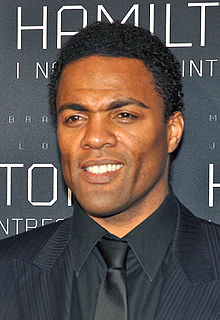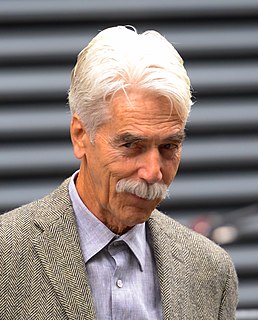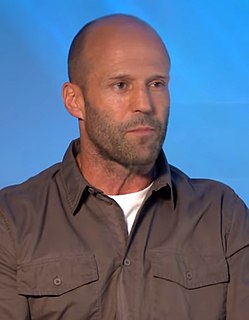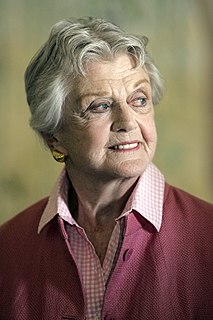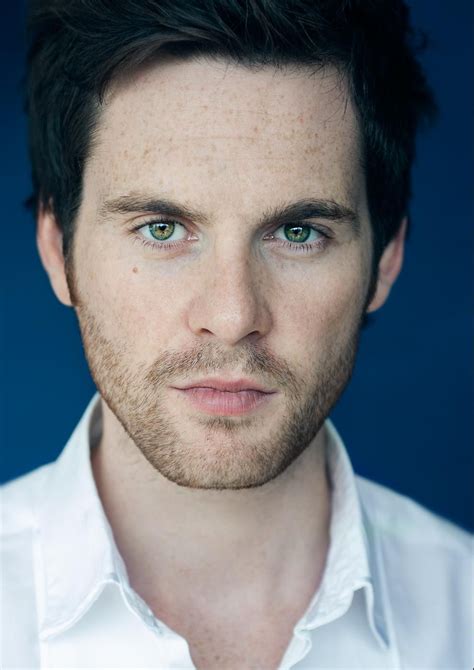A Quote by Ray Fearon
I now go to my dad's grave to read scripts and learn lines. It's the most peaceful place. I go to see him, and it's fantastic.
Related Quotes
When you were a kid, it [work in IBM] seemed like an awesome job. I'd get to go to work and have a briefcase. I loved how Dad wore a tie and got a car. I didn't know if all those things came together. I'd see my dad go off to work and we'd wait for him to come home, and we'd all be excited to see him.
There were times, especially when I was traveling for 'Eat, Pray, Love,' when, I swear to God, I would feel this weight of my female ancestors, all those Swedish farmwives from beyond the grave who were like, 'Go! Go to Naples! Eat more pizza! Go to India, ride an elephant! Do it! Swim in the Indian Ocean. Read those books. Learn a language.'
I've read a hundred fantastic scripts that didn't pan out as films, and I completely put that on the directors. I've also read some mediocre scripts that have ended up being amazing, and I credit that to the directors. They're the storytellers. If you don't have a good storyteller, you really have nothing.
Do let him read the papers. But not while you accusingly tiptoe around the room, or perch much like a silent bird of prey on the edge of your most uncomfortable chair. (He will read them anyway, and he should read them, so let him choose his own good time.) Don't make a big exit. Just go. But kiss him quickly, before you go, otherwise he might think you are angry; he is used to suspecting he is doing something wrong.
I know people who have literally quit their jobs to spend more time with their children, and I go, 'Wow,' my dad used to go to work at 7 o'clock in the morning and he'd come back at 7:30 and we'd kind of see him walk in and then he'd go upstairs and suddenly he'd be in a T-shirt and grumpy. There wasn't much in the way of conversation that went on.
When you learn to read and write, it opens up opportunities for you to learn so many other things. When you learn to read, you can then read to learn. And it's the same thing with coding. If you learn to code, you can code to learn. Now some of the things you can learn are sort of obvious. You learn more about how computers work.
The other great thing about it, that seems to be the case in streaming, is that a lot more scripts are written before you start. Because they are planning on allowing it all up at one time, you have four or five scripts to read and an outline of where it's going to go. The writers aren't chasing their tails as much. You're able to see the beginning, middle and end of a storyline, and that is rare. Streaming allows that, in a way that network TV doesn't.
